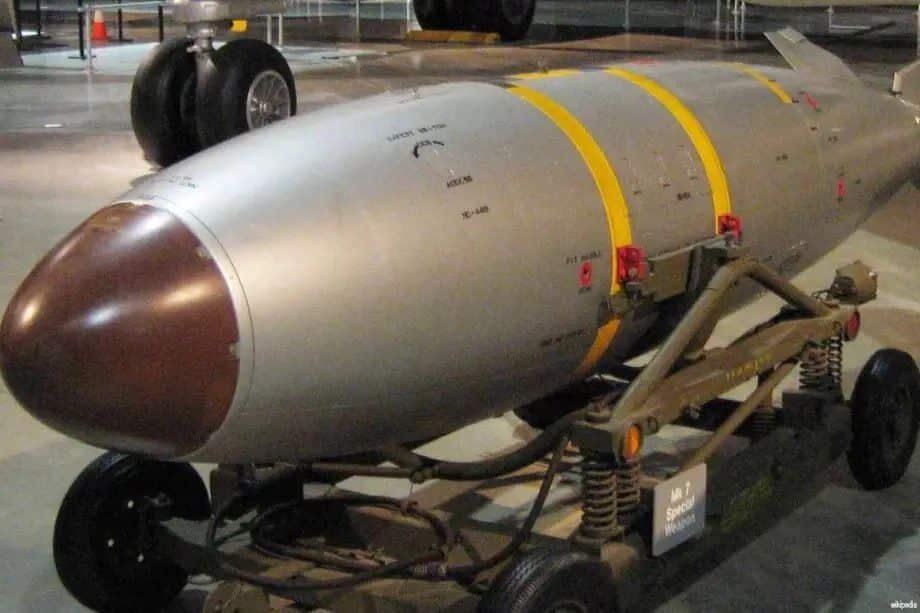Nuclear Deterrence and Prospects for Peace in the Middle East.
The Stanford Review reports: “For 75 years, foreign intervention and weak domestic institutions have trapped the Middle East in a cycle of war. Dictators fill every power vacuum, resulting in endless proxy wars and instability, security, and energy markets. Lasting peace does not come from constant intervention or idealistic peace talks, but rather from a balance of power in which no great power can dominate the others.”
The author, while rejecting the argument of “most Western policymakers” who consider “a nuclear-armed Iran” to be the “worst-case scenario for the Middle East,” continued: If Iran succeeds in obtaining a nuclear bomb, Saudi Arabia and Turkey will certainly follow suit. As a result, the Middle East will become a region with several nuclear powers, safer and more stable.
The article continues: According to this logic, first articulated by the neorealist Kenneth Waltz, two nuclear-capable rivals cannot risk war without considering the mutual annihilation of each other, so both will act with extreme caution. This argument also applies to Iran.
Despite Western portrayals of the Iranian regime as irrational, the Iranian government is governed by a strategic doctrine of “expediency,” which explicitly prioritizes national interests and the survival of the regime over ideology.
The author notes that “no two nuclear-armed states have ever engaged in a full-scale war since 1945,” adding: “It is the fear of nuclear weapons that underpins that peace.”

